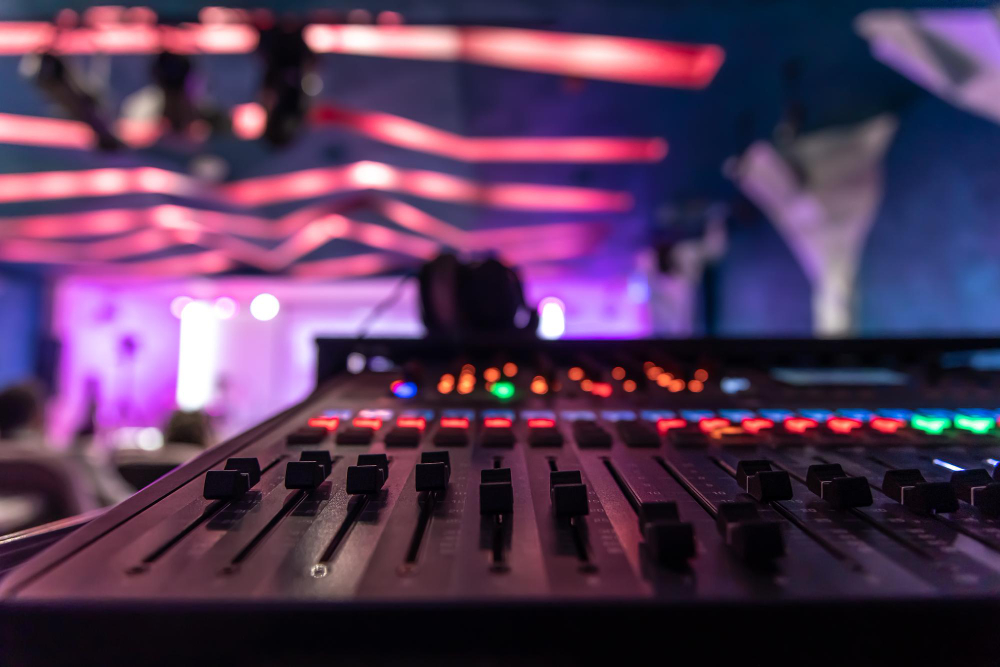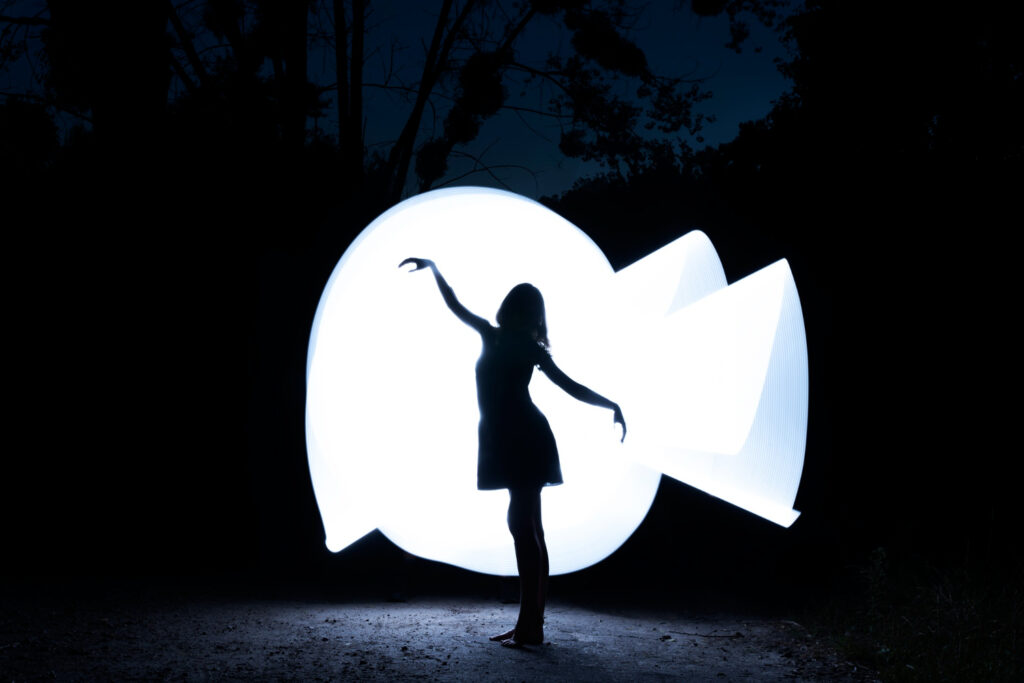
How Sound Enables and Enhances Performances: A Beginner’s Guide
Ever been at a play where the distant rumble of thunder made your heart race, or a soft lullaby brought tears to your eyes? That’s the power of sound in the realm of drama. Let’s explore how sound design not only complements but often takes centre stage in theatrical performances.
1. Setting the Emotional Tone
Music and Melodies
From sweeping orchestral pieces to haunting solos, music can instantly evoke a myriad of emotions, transporting the audience into the heart of the narrative.
Ambient Soundscapes
The gentle chirping of crickets, the bustle of a city street, or the whispers of a wind – these ambient sounds immerse audiences, grounding them in the play’s setting.
2. Heightening Dramatic Moments
Sound Effects
The sudden clang of a dropped weapon, the eerie creak of a door, or the heart-pounding beat of a drum can accentuate pivotal moments, making them unforgettable.
Silence
Ironically, the deliberate absence of sound can be one of the most powerful tools. Silence can highlight tension, anticipation, or reflection, making audiences lean in even more.
3. Enhancing Themes and Narratives
Motif Melodies
Recurring musical motifs or specific sound effects can symbolize themes, characters, or recurring events, creating a sonic thread throughout the performance.
Voice Modulation and Echoes
Altered voices, echoes, or amplified whispers can be used to represent internal thoughts, memories, or supernatural elements, adding layers to the narrative.
4. Crafting Realism or Abstract Environments
Authentic Soundtracks
Sound designers often use authentic sounds, like the buzz of a 1940s radio or the bell of a vintage telephone, to root a play in a particular era or setting.
Stylized Soundscapes
Conversely, abstract soundscapes can be crafted to represent dream sequences, fantastical worlds, or the inner workings of a character’s mind.
5. Building Character Dynamics
Duet and Discord
Musical duets can signify harmony between characters, while discordant notes might indicate conflicts or impending doom.
Off-stage Sounds
Sounds emanating from off-stage can hint at events occurring away from the audience’s view, building suspense or setting up future plot developments.
In the grand theatre of life, sound is the invisible thread weaving stories together, making hearts race, and souls stir. Next time you’re engrossed in a theatrical performance, let your ears revel in the symphony of sounds, and appreciate the silent maestro behind it all – the sound designer.






